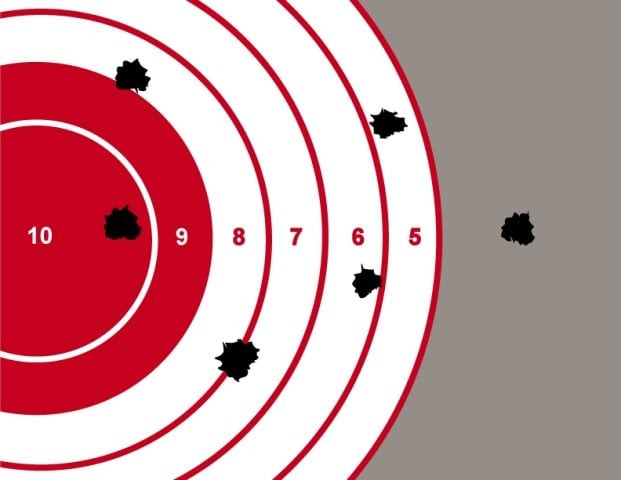Increase in targeted killings
There is an urgent need for an improved law of evidence.

The next government must address security issues before the situation in Karachi gets worse. PHOTO: FILE
Our police lack the training and technology to collect forensic evidence. In cities where crime and violence is high, police and intelligence networks operate underground to catch criminals but in Pakistan, we rarely see such sting operations. In many cases, the law-enforcement authorities are hampered by their own politicisation. Apart from this, witnesses do not like coming forward when they know that the state cannot protect them or their families. In the absence of an effective witness protection programme, it is unfair to ask ordinary citizens to come forward so the authorities could nab criminals. Not only are witnesses scared to come forward, sometimes the judges and prosecutors are wary of punishing these killers for they, too, are often targeted.
Under these circumstances, it would be better if technology is used to remove the physical presence of the judge and prosecutors during the proceedings of the case in order to protect their identities. This way, the judges and prosecutors can do their jobs without any pressure or threats. There is an urgent need for an improved law of evidence, having a good witness protection programme and the need to train the police in gathering evidence and stopping the practice of arresting suspects before solid evidence, which would stand in a court of law, is gathered. The next government must address these issues before the situation in Karachi gets worse.
Published in The Express Tribune, June 4th, 2013.
Like Opinion & Editorial on Facebook, follow @ETOpEd on Twitter to receive all updates on all our daily pieces.














COMMENTS
Comments are moderated and generally will be posted if they are on-topic and not abusive.
For more information, please see our Comments FAQ